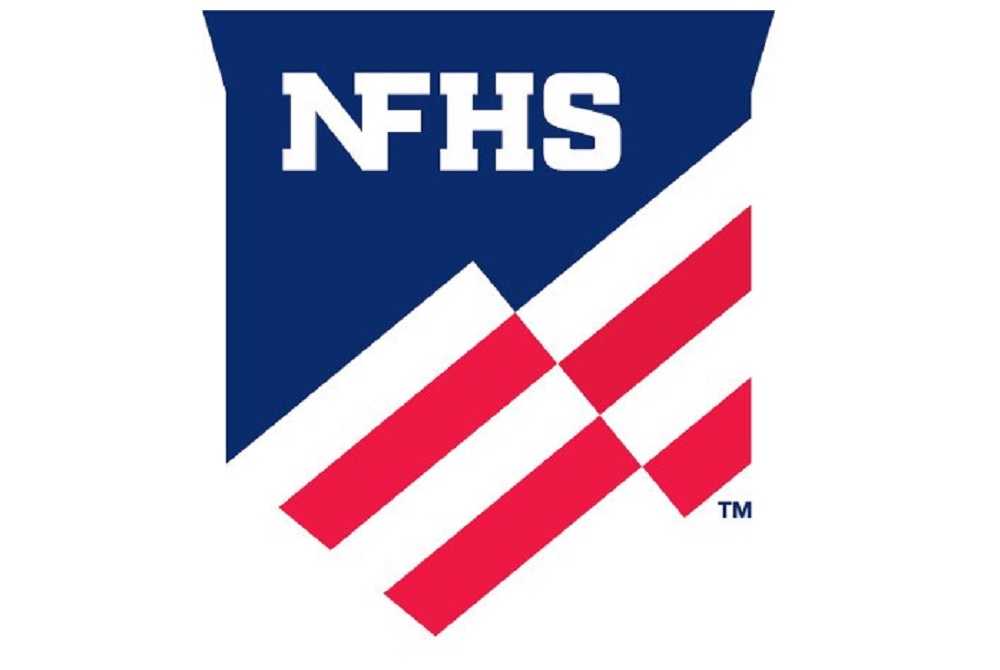
Thank Roosevelt for Football Weekends
December 20, 2013
By Rob Kaminski
MHSAA benchmarks editor
The next time you find yourself immersed in a tense crosstown football rivalry on a Friday night followed by a Saturday pilgrimage to the nearest college campus and a Sunday afternoon with a remote and your favorite snacks and beverages, take a moment to consider what the weekend would be like if it weren’t for Teddy Roosevelt.
The man who became our 26th President shortly after the turn of the 20th Century following the assassination of William McKinley in 1901 was a football fan like you. Maybe more so.
Today’s game of football has reached a critical crossroads. Player size and speed have increased across the board. Savage use of equipment as weapons rather than protective gear has been glorified on television networks and social media. Leaders of the game at all levels have recognized the need for change, employing new rules and widespread educational efforts to aid in preserving the sport.
History, as they say, is repeating itself.
In an ironic twist, it was Roosevelt who saved the then-brutally violent game of football from itself more than 100 years ago. Yes, the same “Rough and Ready Teddy” who led the charge up San Juan Hill during the Spanish-American War and often sparred in the boxing ring while in office from 1901-09 opined that football was becoming so gruesome that he delivered an ultimatum: clean up the game or it would be outlawed.
The Chicago Tribune reported that in 1904 alone, there were 18 football deaths and 159 serious injuries, mostly among prep school players. Football deaths suffered by younger players were reported on a nearly weekly basis, as outraged citizens called on colleges and high schools to banish football outright.
In stepped Roosevelt, who called head coaches and representatives from Harvard, Yale and Princeton – college powers at the time – to the White House in 1905 urging them to eliminate excessive violence and set an example of fair play for the rest of the country. When the casualties actually rose by one during the ensuing season, Roosevelt reacted with greater resolve and convened leading football authorities for the purpose of authoring drastic rules changes. What emerged was an intercollegiate conference which was the predecessor of the NCAA.
Among the most effective changes for the 1906 season were the legalization of the forward pass, the elimination of mass formations, and the creation of a neutral zone. Football fatalities fell to 11 in each of the next two seasons, and severe injuries fell drastically.
Thanks to the introduction of protective equipment and ever-evolving rules changes, football during the 100-plus years to follow has become an exponentially safer game. Yet, the game’s leaders always will need to adjust and react to scrutiny that comes with the territory.
So, as the game once again undergoes rules modifications in the name of safety, give a tip of the cap to President Roosevelt while you enjoy college bowl season and the NFL playoffs and begin to think ahead to the first high school practice of 2014.

Ann Arbor Greenhills' Seng to Receive NFHS Citation
By
Geoff Kimmerly
MHSAA.com senior editor
December 6, 2021
Ann Arbor Greenhills’ Meg Seng is one of eight high school athletic directors who have been selected to receive a 2021 Citation from the National Federation of State High School Associations (NFHS) on Dec. 13, as part of the 52nd National Athletic Directors Conference in Denver sponsored by the NFHS and National Interscholastic Athletic Administrators Association (NIAAA).
The Citation is one of the NFHS’ highest honors and recognizes recipients for their contributions to educational athletics at the local, state and national levels. State associations nominate candidates, who are then approved by the NFHS Board of Directors.
 Seng is in her 37th year of service to schools and athletes, and has served as Greenhills athletic director since 2003 after previously teaching and/or coaching there and Ann Arbor Huron. She has received the MHSAA’s Women In Sports Leadership Award and Allen W. Bush Award, as well as the Jack Johnson Dedicated Service Award from the Michigan Interscholastic Athletic Administrators Association (MIAAA). She was named state Athletic Director of the Year by the Michigan High School Coaches Association (MHSCA) last month and will receive the same recognition from the MIAAA in March.
Seng is in her 37th year of service to schools and athletes, and has served as Greenhills athletic director since 2003 after previously teaching and/or coaching there and Ann Arbor Huron. She has received the MHSAA’s Women In Sports Leadership Award and Allen W. Bush Award, as well as the Jack Johnson Dedicated Service Award from the Michigan Interscholastic Athletic Administrators Association (MIAAA). She was named state Athletic Director of the Year by the Michigan High School Coaches Association (MHSCA) last month and will receive the same recognition from the MIAAA in March.
Seng has served on 12 MHSAA committees focused on various topics including specific sports, classification and athletic equity. She also has served on committees as part of the MIAAA’s Leadership Academy faculty and NIAAA’s certification committee, and served as the MIAAA’s Executive Board president in 2013-14. In 2001, Seng co-founded The Academy of Sports Leadership, a non-profit organization that provides education and training for women interested in becoming coaches.
A 1977 graduate of Maine South High School in Park Ridge, Ill., Seng was a scholarship athlete at Indiana University playing both volleyball and softball. She began coaching at the college level after her playing days with the Hoosiers were done, serving first as a graduate assistant softball coach at Louisiana Tech University in 1983-84 while studying for her master’s degree, and then as a softball assistant at Illinois State University for 1984-85.
Seng took over the Ann Arbor Huron volleyball program in 1985, and over 12 seasons stretching two tenures led her team to five league titles and a District championship in 1993. She also served as Huron's co-head varsity softball coach from 1986-90. She completed her teacher certification at Eastern Michigan University in 1990 and began teaching at Greenhills that year, later coaching that school’s volleyball varsity team from 1993-2000 and leading the Gryphons to a District title in 1997.

